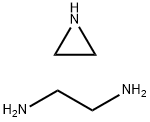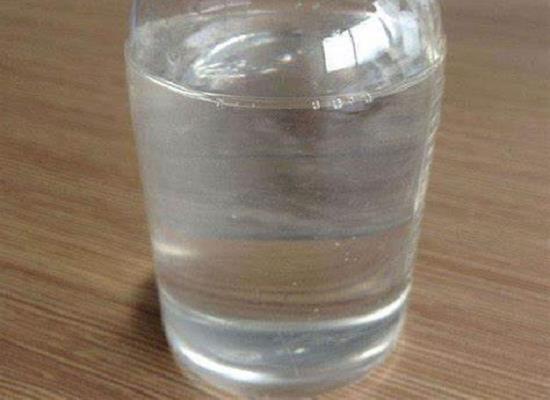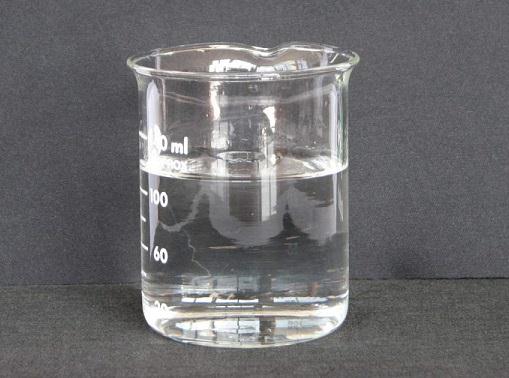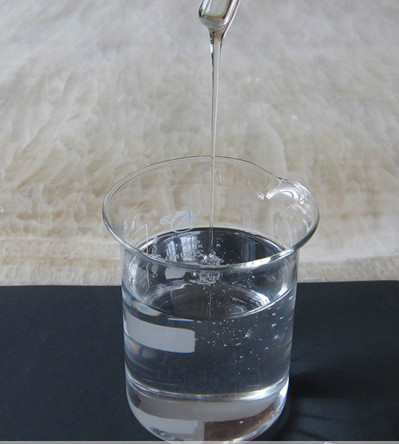Non-viral vector polyethyleneimine in light anticancer therapeutic strategies
Polyethyleneimine (PEI) is a synthetic, water-soluble, linear or branched polymer. It is widely used in gene delivery systems due to its ability to build complexes with DNA and support endosomal release through the "proton sponge effect". It also facilitates intracellular translocation into the nucleus. These properties in polymers have been successfully used to coat MNPs and target therapeutics.
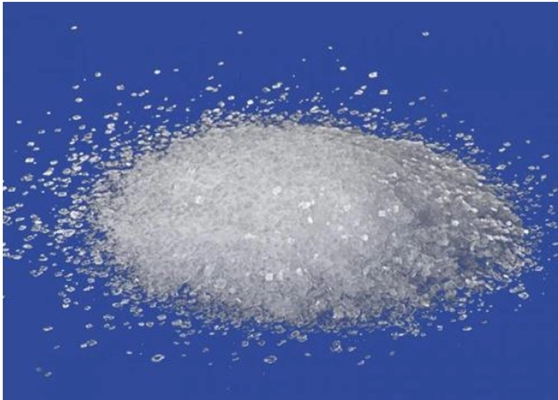
Selected In Vivo Studies on Anticancer PEI-Based Lipopolyplexes
Recent preclinically in vivo tested therapies regarding lipopolyplexes focus mainly on silencing overexpressed and abnormal genes using miRNA, siRNA, and antisense oligonucleotides (ODN) or the activation of suppressors using saRNA. It is worth noting that these carriers, regardless of the type of nucleic acid, are in prevalence based on low-molecular, thus less toxic polyethyleneimines (2–10 kDa) and have a lipid shell composed of various phosphatidylethanolamines (PE) and phosphatidylcholines (PC). Another remarkable fact is feasibility of most of presented lipopolyplexes to intravenous administration (usually through tail vein in animal models), as it makes them adequate for fighting not only primary tumor but also metastasis. An overview is shown in the figure below:
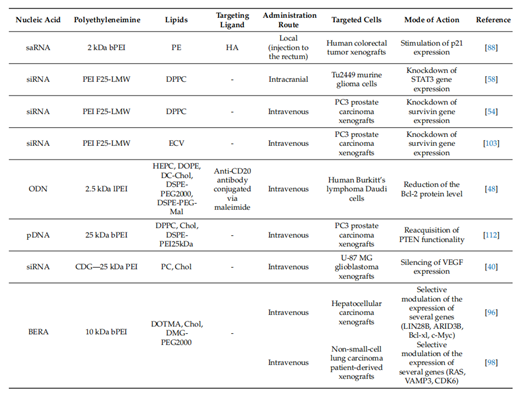
Another appealing example of bifunctional reverse lipopolyplexes was proposed by Mendes et al. This team developed bPEI-modified liposomes of egg PE and cholesterol that carry siRNA targeting multidrug resistance gene MDR1 and, subsequently, encapsulate chemotherapeutic drug—paclitaxel (PTX). The formulation takes advantage of synergy between PTX and siRNA-MDR1, as the latter downregulated proteins associated with drug resistance (such as P-glycoprotein), thus enhancing efficacy of PTX, a classic cancer drug that prevents microtubule disassembly. Moreover, such lipopolyplexes were able to promote in vivo tumor growth inhibition in an MDR xenograft ovarian tumor model (A2780-ADR cell line). This gives an exciting possibility for future combined therapies against drug-resistant cancers.
The preparation of polyethyleneimine-based lipopolyplexes is a multistage and fairly sensitive process, which additionally requires a specific balance to be maintained between its stability in the body, which would allow the appropriate dose of the preparation to reach the target site, and the ability to release nucleic acid at the right place and time.
References:
[1] JULIA JERZYKIEWICZ; Aleksander C. Polyethyleneimine-Based Lipopolyplexes as Carriers in Anticancer Gene Therapies.[J]. Materials, 2021. DOI:10.3390/ma15010179.
Related articles And Qustion
See also
Lastest Price from polyethyleneimine manufacturers
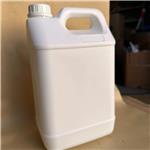
US $15.00/KG2025-06-09
- CAS:
- 25987-06-8
- Min. Order:
- 1KG
- Purity:
- 99%
- Supply Ability:
- 50000kg
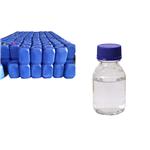
US $10.00/KG2025-04-21
- CAS:
- 25987-06-8
- Min. Order:
- 1KG
- Purity:
- 99%
- Supply Ability:
- 10 mt
